In the basements, bars, and lesser known venues across Chicago, a genre of music unknown to many has lived and thrived for decades. Underground, away from the mainstream audience, punk rock emerged characterized by anti-establishment sentiments, and rebelling from social norms. Starting in New York, punk spent the ‘60s and ‘70s spreading across the United States and United Kingdom. From New York, to London, San Francisco, and finally Chicago in 1977 in La Mere Vipere. The punk scene in Chicago really started to grow, developing its very own Chicago hardcore sound. Even now, 51 years after punk emerged in Chicago, the scene still lives, away from the eyes of the mainstream audience.
Despite the stereotypes—especially during the ‘70s, ‘80s, and ‘90s attached to punks and punk music—the punk community is one of the most open and accepting groups you can find. The very purpose of punk is to give a home to those put down by society, those who want to rebel against the establishment or social norms, and those who just enjoy the music. Chicago punk made a name for itself with the bands: The Effigies, Naked Raygun, Big Black, and the punk rock supergroup Pegboy. Of those, Naked Raygun and Pegboy are the two that still play, though likely not for much longer. In the current scene, Sincere Engineer and The Bollweevils are two popular bands.
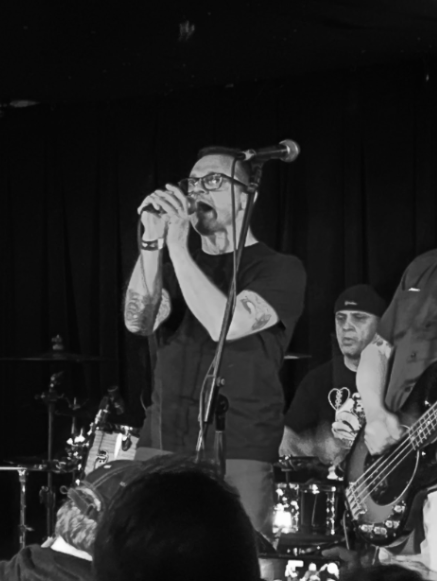
I have been an avid punk fan for as long as I can remember. So much so it’s just about the only genre I avidly listen to. But I had never been involved heavily with the actual scene; I had just been listening to the music on my phone, and on CDs. I had been to concerts, but it wasn’t until April of 2024 that I actually got to experience what punk really felt like.
In April I had the pleasure of seeing Northern Irish punk band Stiff Little Fingers at The Metro, the biggest and most well known venue for punk shows in Chicago. There I experienced my first punk rock mosh pit. That mosh pit changed how I saw music. It made me so much more connected to what I was listening to. A few months later, in the fall, I saw Chicago punk supergroup Pegboy live, also at The Metro, eager to get into another mosh pit because of how thrilling the first one felt.
In researching and writing this article, I went around attempting to find the answer to the question “What does punk represent?” Because I understood, punk has the capacity to make you feel a way that other genres can’t. And in that journey I found no clear answer. What I found was that punk means many different things to many different people, and it’s a lot more than just a genre: it’s a way of life, one that has been in slow decline since the turn of the century. To some, punk is a way of getting out their anxiety, living free of social norms and expectations. To others it’s a disgusting genre with disgraceful people. I also had the question turned on me when interviewing Mark Thomas, long-time owner of the well-known, Chicago-based punk and alternative clothing store The Alley. “Well, what does [punk] mean for you?” He asked. I didn’t have a real answer for that. After a few seconds he followed with “Have you ever been in a mosh pit?” I answered yes, and he asked how it feels to be in a mosh pit. He then gave me the best description for what punk represents that I have ever heard:
“Punk represents the opposite of what everybody expects people to be,” Thomas said. “Breaking down boundaries, screaming, yelling, getting out anxiety. It’s the mosh pit of life.”
He followed that up with saying that nobody should hear from anyone else what punk is about, that they need to feel it themselves,.That is exactly why I have neglected to describe in any sort of detail how the music feels, or what it’s like to be in a mosh pit watching Chicago legends play at The Metro. I highly encourage the reader to find the time to experience punk for themselves. Find a show that’s all ages, or for you upperclassmen, 17-and-up shows. There’s nothing to lose and everything to gain.


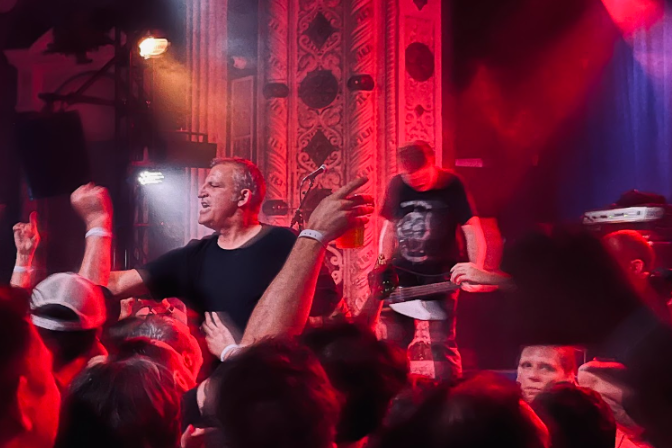
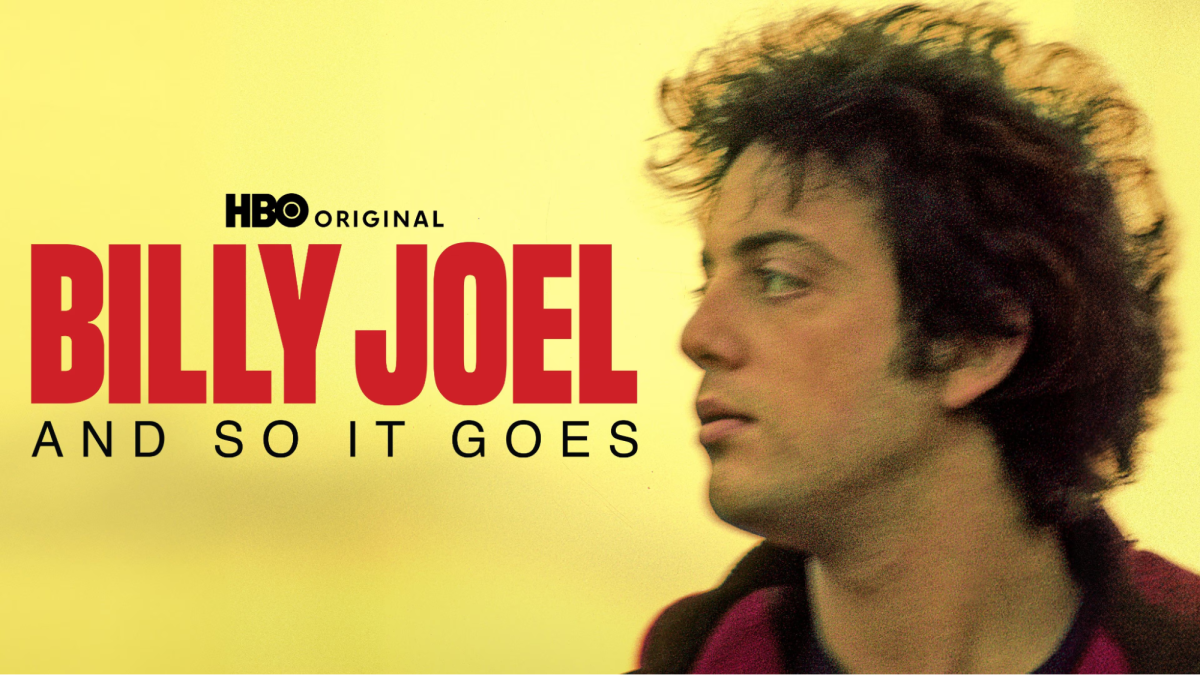




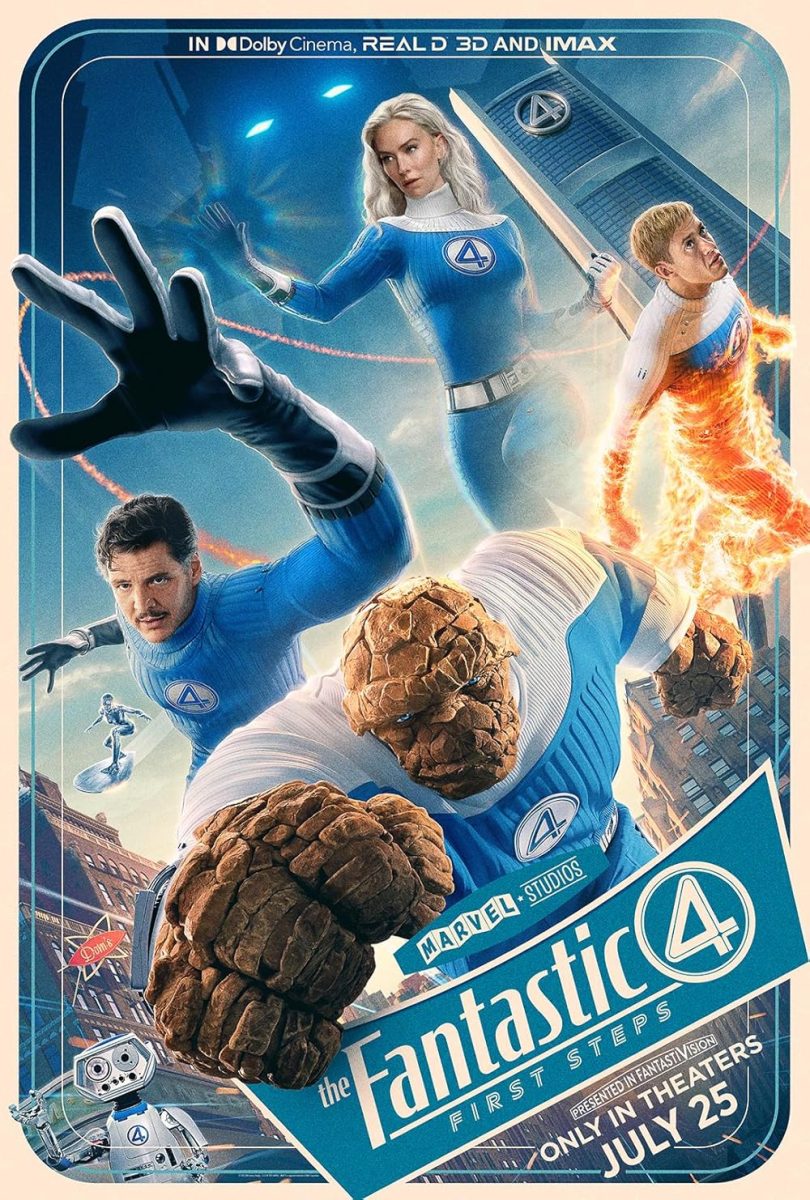
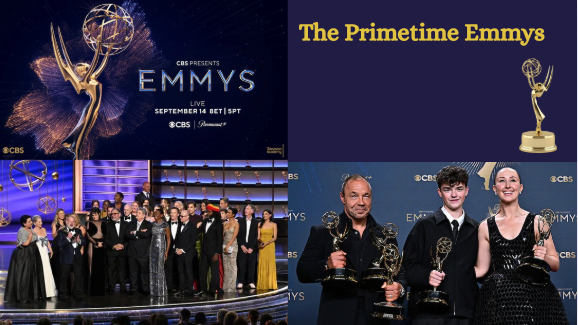

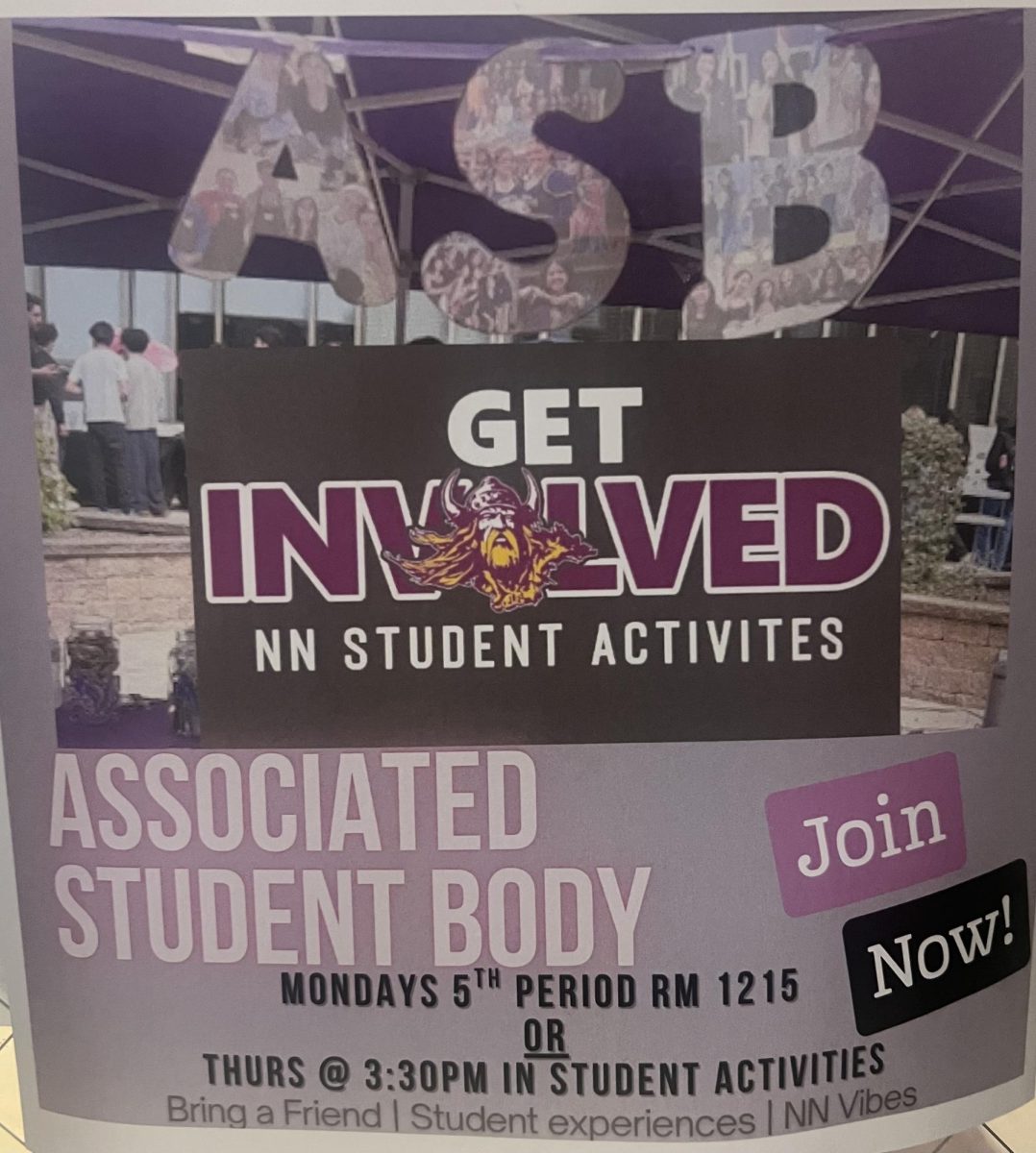
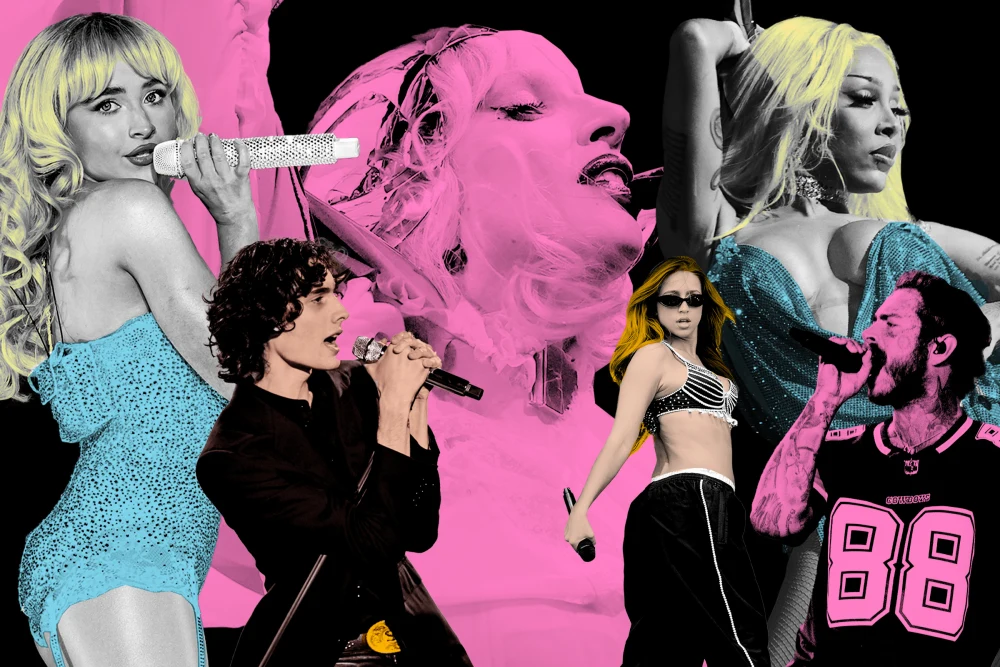


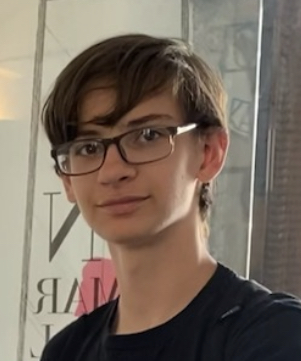
Ms. Amelianovich • Dec 16, 2024 at 11:07 am
Great info here! I enjoyed reading this!
Mark Thomas • Dec 13, 2024 at 10:31 pm
Henry , Mark Thomas from The Alley here. What a wonderful unraveling of what PUNK is and is not. It was a pleasure being interviewed by you and the article is a great dissection of PUNK.
PUNK ON YOUNG WRITER